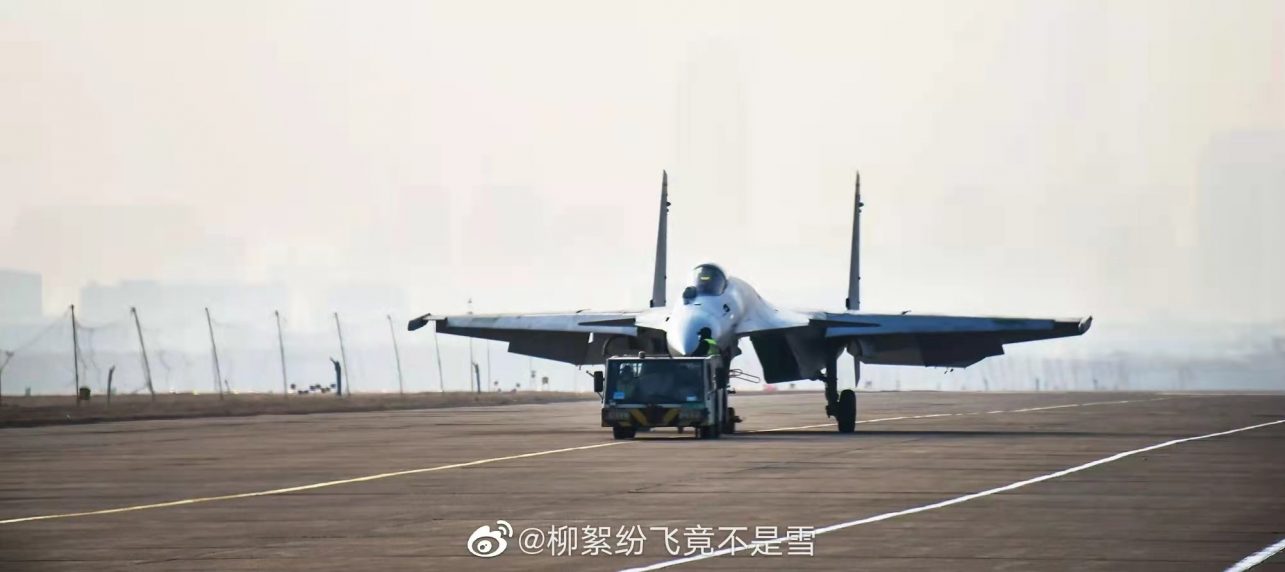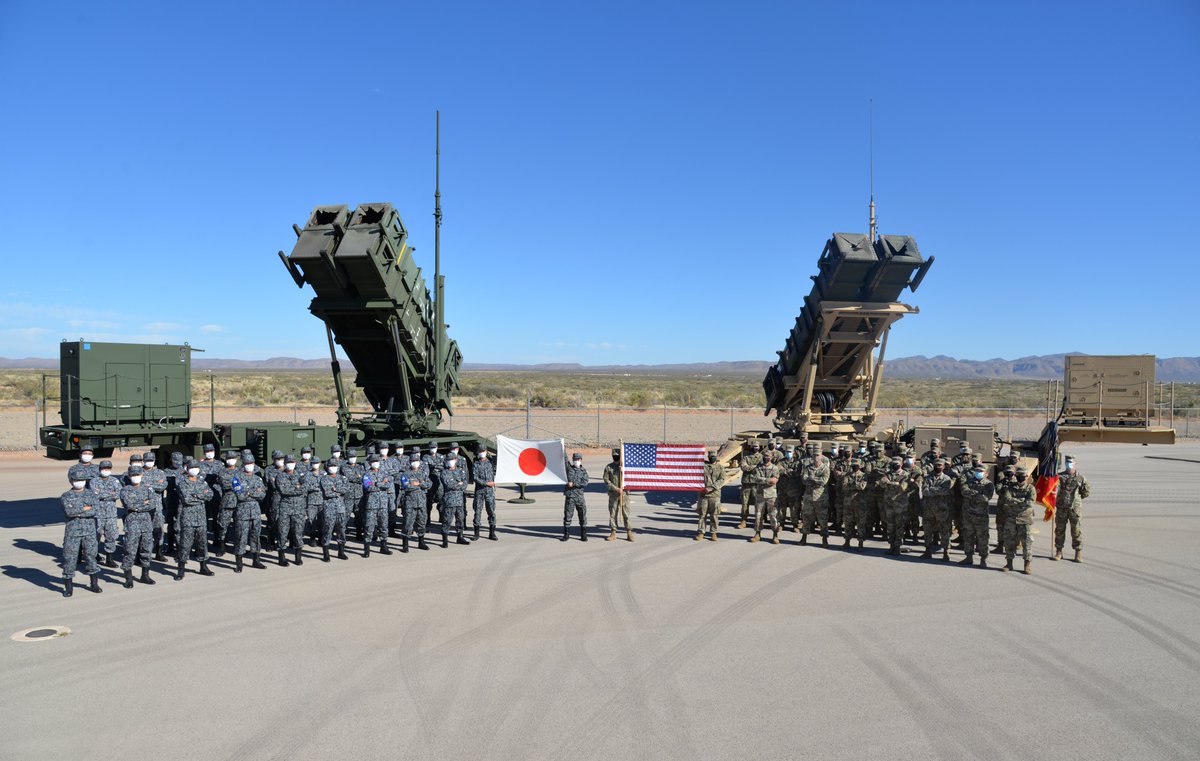Japanese Defense Minister Nobuo Kishi and his Chinese counterpart, Wei Fenghe, agreed on Monday to launch a hotline between defense officials amid disputes over islets in the East China Sea, the Japanese media reported.
Earlier in the day, the defense ministers held a virtual meeting, after which Kishi told a press conference that peace in the Taiwan Strait is extremely important to Japanese security, and Tokyo will keep an eye on all developments there, as cited by the Japanese Kyodo news agency.
ENG “We confirmed that the early establishment of a hotline between Japanese and Chinese defense authorities is important,” Kishi said, according to the news outlet, and expressed serious concern about China allegedly ramping up its military activity in waters around the Senkaku islands, under Japan’s rule.
Wei said that Beijing would protect China’s territorial integrity, marine rights and interests amid tensions over the Senkaku Islands, according to the media.
Japan insists on the sovereignty of the islands, effective since 1895, while China points to the 1783 and 1785 Japanese maps designating the islands as Chinese territory. The territorial dispute over the islands escalated in 2012, when the Japanese government purchased three of the five islands from a private owner.
Japan-China Tensions
Earlier in July, the Japanese Defense Ministry said Tokyo is concerned about the lack of transparency in China’s defense policies and military affairs, as well as the high-level growth of its defense budget.

“Chinese military trends, combined with insufficient transparency about China’s defense policies and military affairs, have become a matter of grave concern to the region including Japan and the international community,” the report said.
The white paper noted the significant growth of China’s defense budget “without transparency” and the rapid improvement of its military capabilities in nuclear, missile, naval and air forces. Additionally, Japan highlighted Beijing’s efforts in ensuring superiority in such new domains, as cyber, electromagnetic spectrum, and space.
China’s military spending was estimated at 13 trillion yuan ($2 trillion), compared to Japan’s 5.1 trillion yen ($46 million), the report said. Japan was also found to be behind in terms of military capabilities: 52 modern submarines in service in China versus 21 in Japan, 71 destroyers in China and 47 in Japan, 1,146 modern generation fighters in China and 313 in Japan.
In this light, Japan was especially concerned with Beijing’s increased presence in the East China Sea off the disputed Senkaku Islands, known as Diaoyu Islands.
Other challenges mentioned in the white paper included North Korean nuclear tests and aggressive military trends, which “pose a grave and imminent threats to Japan’s security,” and Moscow’s deployment of modern weapons in Russia’s Far East.
“Russia is modernizing its military equipment, including strategic nuclear forces, and is gradually enhancing the deployment capability of its military forces in remote areas by securing military bases outside Russia,” the paper said, adding that Moscow has also been focused on developing hypersonic weapons and intensifying activities in space and other new domains.

The “Defense of Japan” white paper is an annual report of the Japanese Defense Ministry on the security environment around the country and its defense policies. The report was submitted to the government on Tuesday.
Meanwhile, US President Joe Biden on Monday signed the $768 billion defense spending bill for 2022 which includes $4 billion for the European Deterrence Initiative and $300 million in security assistance for Ukraine, the White House said.
“On Monday, December 27, 2021, the President signed into law: S. 1605, the ‘National Defense Authorization Act [NDAA] for Fiscal Year 2022,’ which authorizes fiscal year 2022 appropriations principally for Department of Defense programs and military construction, Department of Energy national security programs, and intelligence programs,” the White House said in a press release.
The NDAA does not include sanctions against Russian sovereign debt or against the Nord Stream 2 pipeline despite attempts by lawmakers to add them to the legislation amid rising tensions with Moscow over the alleged buildup of forces near Ukraine.
The legislation, however, requires biennial reporting on alleged Russian influence operations and campaigns targeting US military alliances.
The budget also includes some $7.1 billion for operations in the Indo-Pacific region, with initiatives to address challenges from China such as alleged risks to supply chains for critical defense systems.
- Via Sputnik News Agency
- Follow EurAsian Times on Google News




